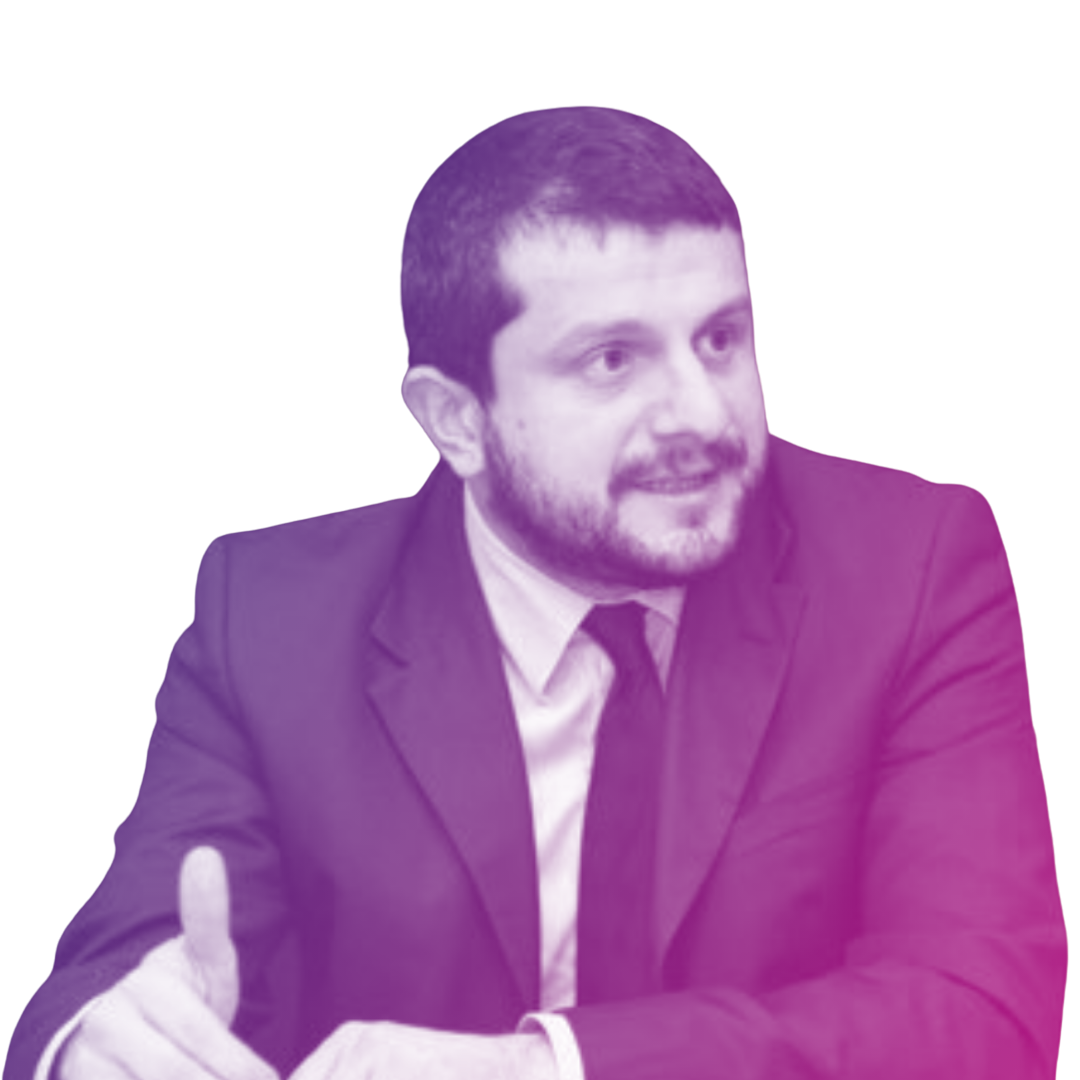
TURKEY
Lawyer Can Atalay and the Gezi Trial
Can Atalay is a lawyer for Taksim Solidarity and Chamber of Architects, and a Member of the Social Rights Association, an activist advocacy group. He has litigated many cases that have attracted public interests in Turkey, such as workers and their families who died in 2014 Soma mine disaster; students who died in the 2016 Aladağ dormitory fire; those who lost their lives in the 2018 Çorlu train massacre; and workers and their families who died in the 2021 Hendek fireworks factory explosion. He is also the lawyer of many journalists, who have been sentenced to imprisonment for their news activities, especially journalists that were tried in the Cumhuriyet newspaper case.
Background to the judicial processes
Initially, a case was filed in March 2014 against 26 people, including Mücella Yapıcı of Taksim Solidarity, for "establishing and directing an organization" related to terrorist activities who were then acquitted on 29 April 2015 at the 33rd Criminal Court of First Instance in Istanbul. In this case, known as the first phase of the Gezi trial, lawyer Can Atalay was involved as a lawyer and defended his clients.
The Gezi case
Four years after the trial, Can Atalay and 16 other defendants, including Osman Kavala were indicted on 19 February 2019 on the grounds that they organized and financed the Gezi protests. Originally directed against the urban development plan for the central Gezi Park in Istanbul, the 2013 protests had turned into a wide protest movement that was violently suppressed. The indictment included 746 complainants, filed mainly by President Recep Tayyip Erdoğan and his ministers. For all of the 16 defendants, including Attorney Can Atalay, a sentence by imprisonment ranging from 606 to 2,000 years were separately requested. Can Atalay and other defendants were convicted of the attempt to overthrow the Government of the Republic of Turkey, and preventing it from fulfilling its duties. The trial was conducted with many serious counts of charges, such as qualified looting, qualified assault and resistance against the law on protection of culture and natural resources. During the trial, no concrete evidence were presented regarding the allegations, apart from the phone calls and tweets between the accused persons, which did not meet evidentiary threshold. Although it was clearly stated that no violent method was supported in these conversations, it was determined that there was sufficient suspicion. Nevertheless, the indictment was accepted and the trial was initiated at the 30th Istanbul High Criminal Court.
The case was then submitted to the European Court of Human Rights (ECtHR) and it presented its decision on 10 December 2019. The ECtHR ruled that the national proceedings were unlawful and ideological, and lacked concrete evidence. Furthermore, the detention of Osman Kavala constituted a violation of human rights. On 18 February 2020, 10 defendants, including Can Atalay, were acquitted of all charges in the indictment, and with this decision, it was essentially ruled that the indictment was without legal basis. Throughout the trial, lawyer Can Atalay argued that the Gezi protests were social actions in which the public freely voiced their objections. He is known in the public for his advocacy of social cases for the benefit of the public and his fight against the government encroachments; therefore, he was put on trial without evidence and legal basis while practicing his profession.
Court proceedings after the acquittal
After the acquittal, the prosecution forwarded the decision to the Court of Appeal, and on 22 January 2021, the third Criminal Chamber of Istanbul Regional Court overturned the acquittal and the judicial proceedings resumed. During this process, the case in which Osman Kavala was tried for crimes against the constitution and espionage was merged with the Gezi trial. On 25 April 2022, aggravated life imprisonment for Osman Kavala by the 13th Istanbul High Criminal Court for attempting to overthrow the Government of the Republic of Turkey and preventing it from fulfilling its duties under TCK 312/1 was suggested, and Can Atalay was sentenced to 18 years in prison for aiding and abetting the so called above crime.
The way forward
Can Atalay's lawyers appealed the arrest decision; however, it has received very little positive response from the judiciary. A hearing is scheduled by the district court to issue an annulment or approval of decision. With regard to the detention of Can Atalay, a motion to dismiss the appeal shall be filed directly with the Constitutional Court and the proceedings shall continue before the Constitutional Court.
Turkey
